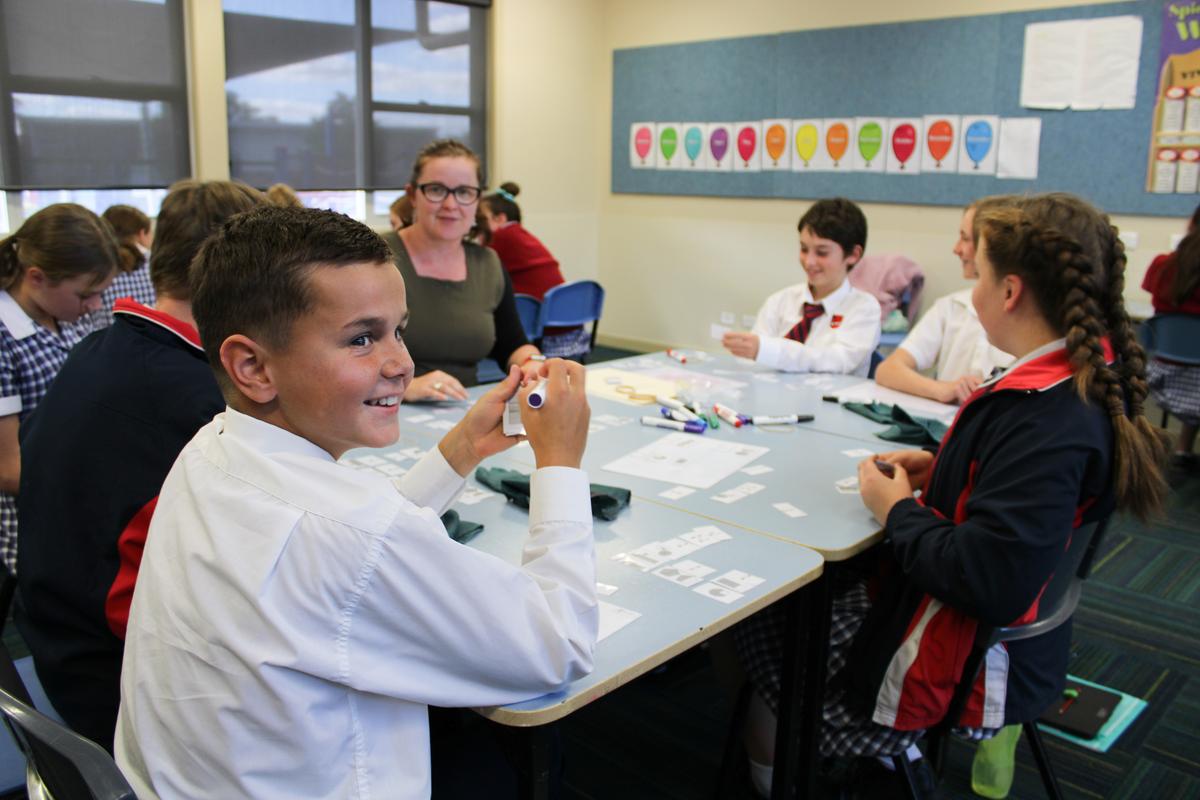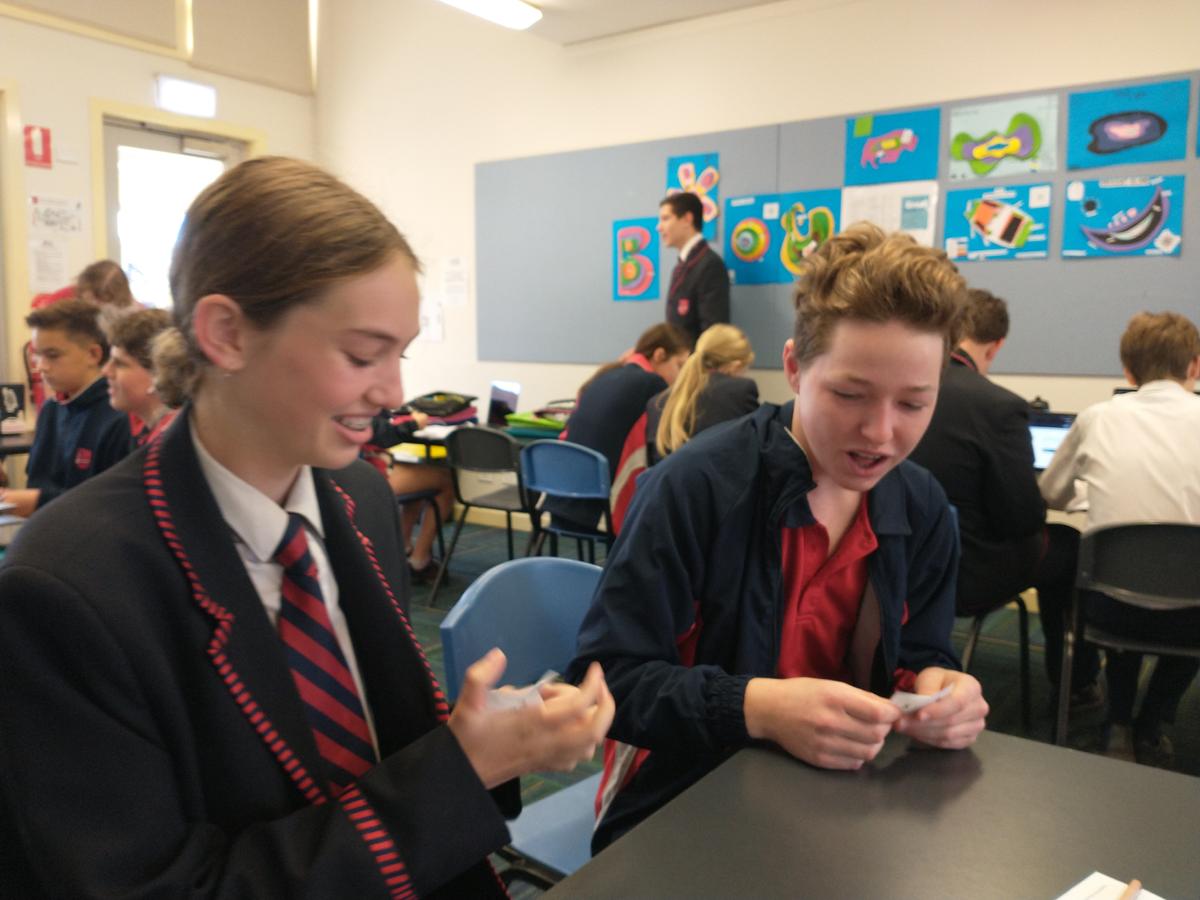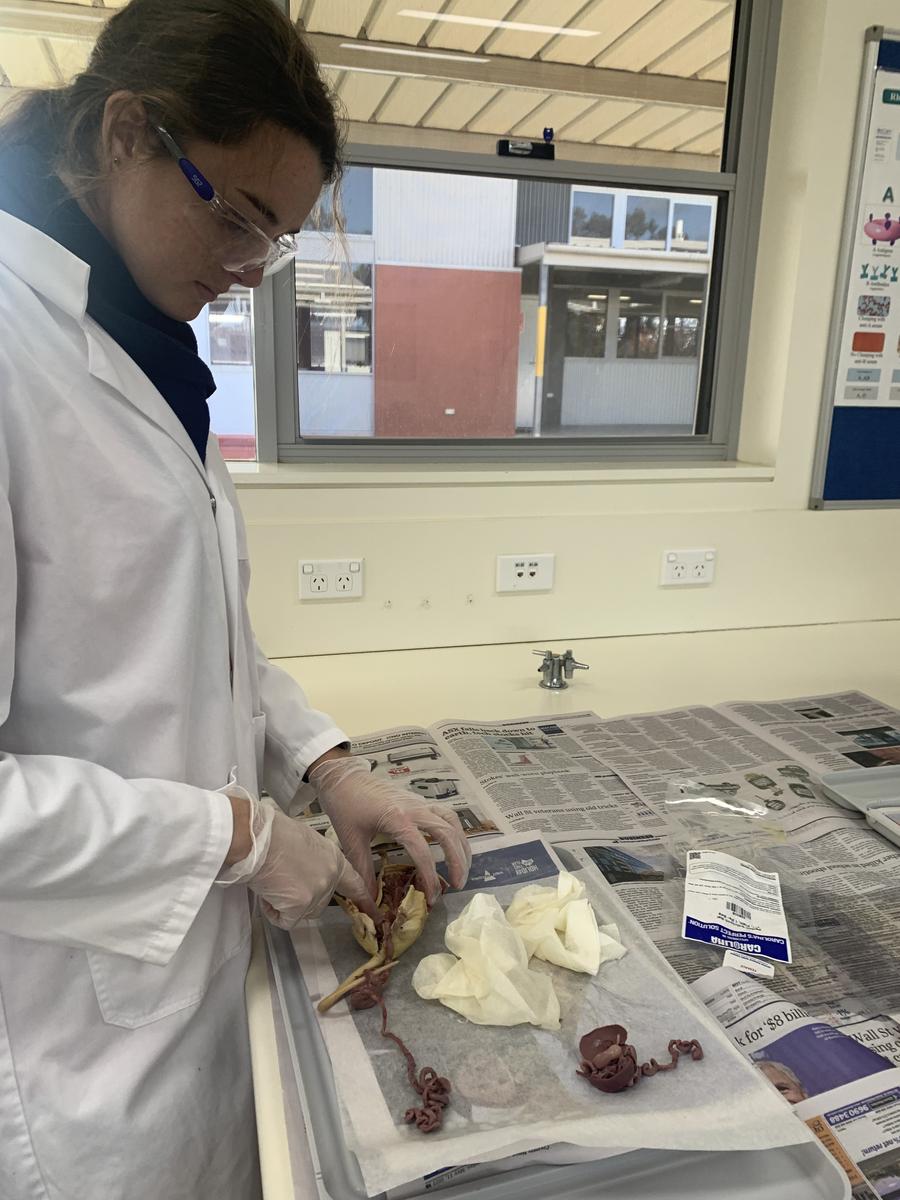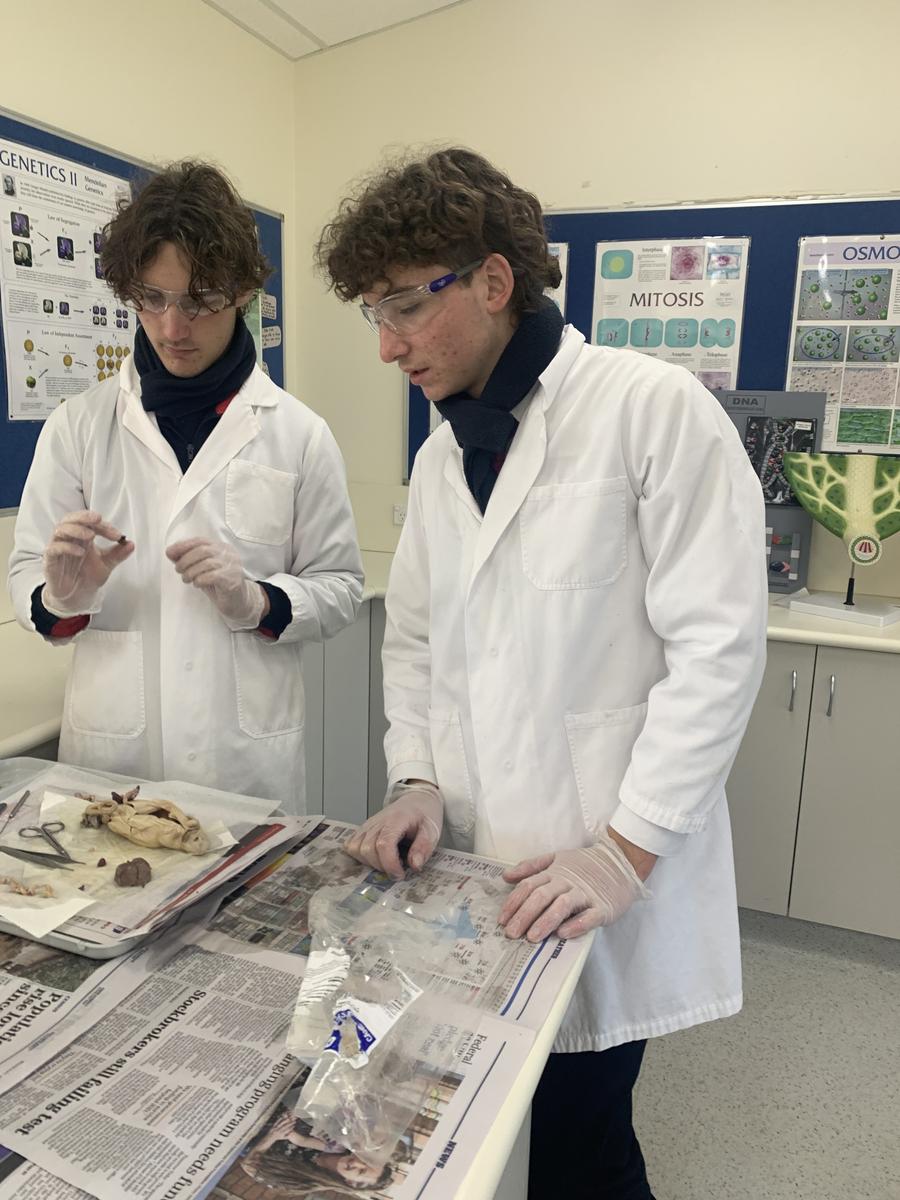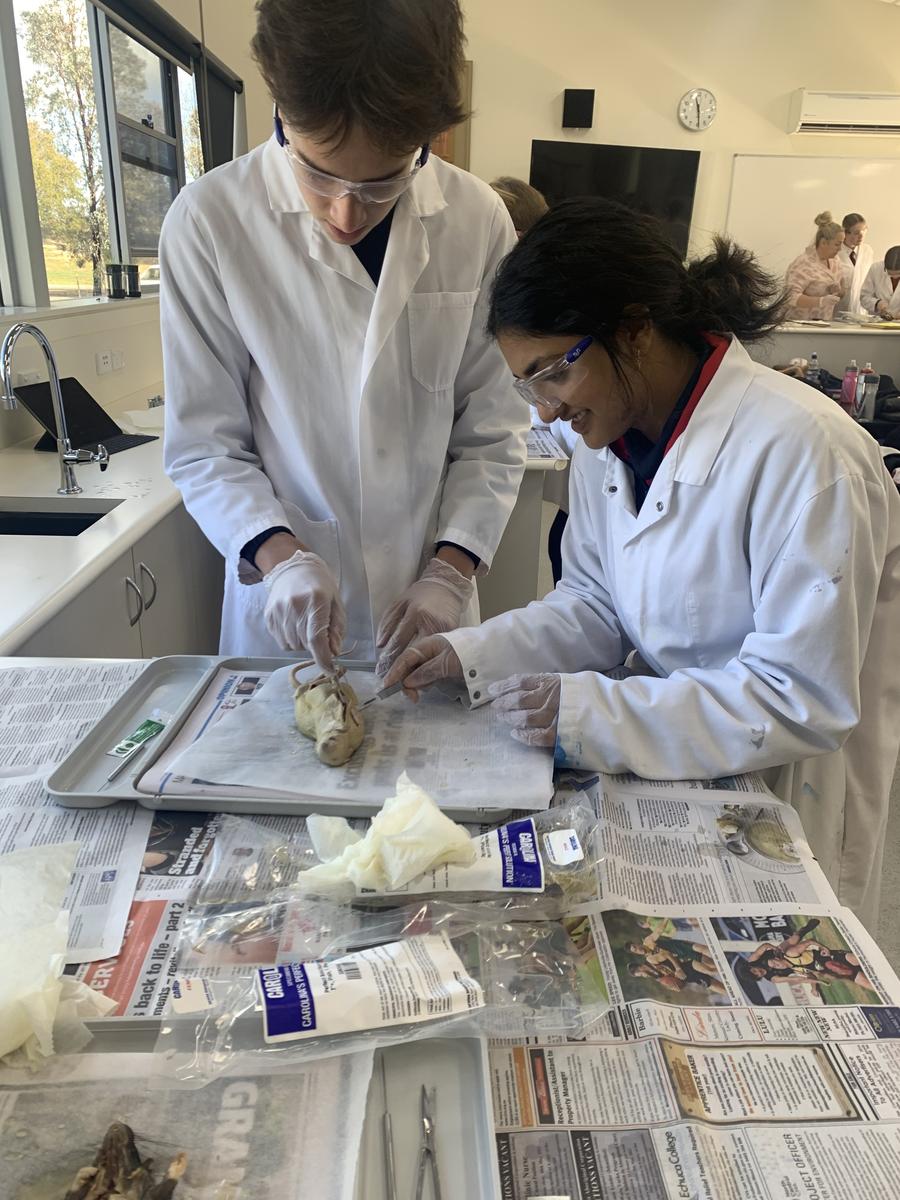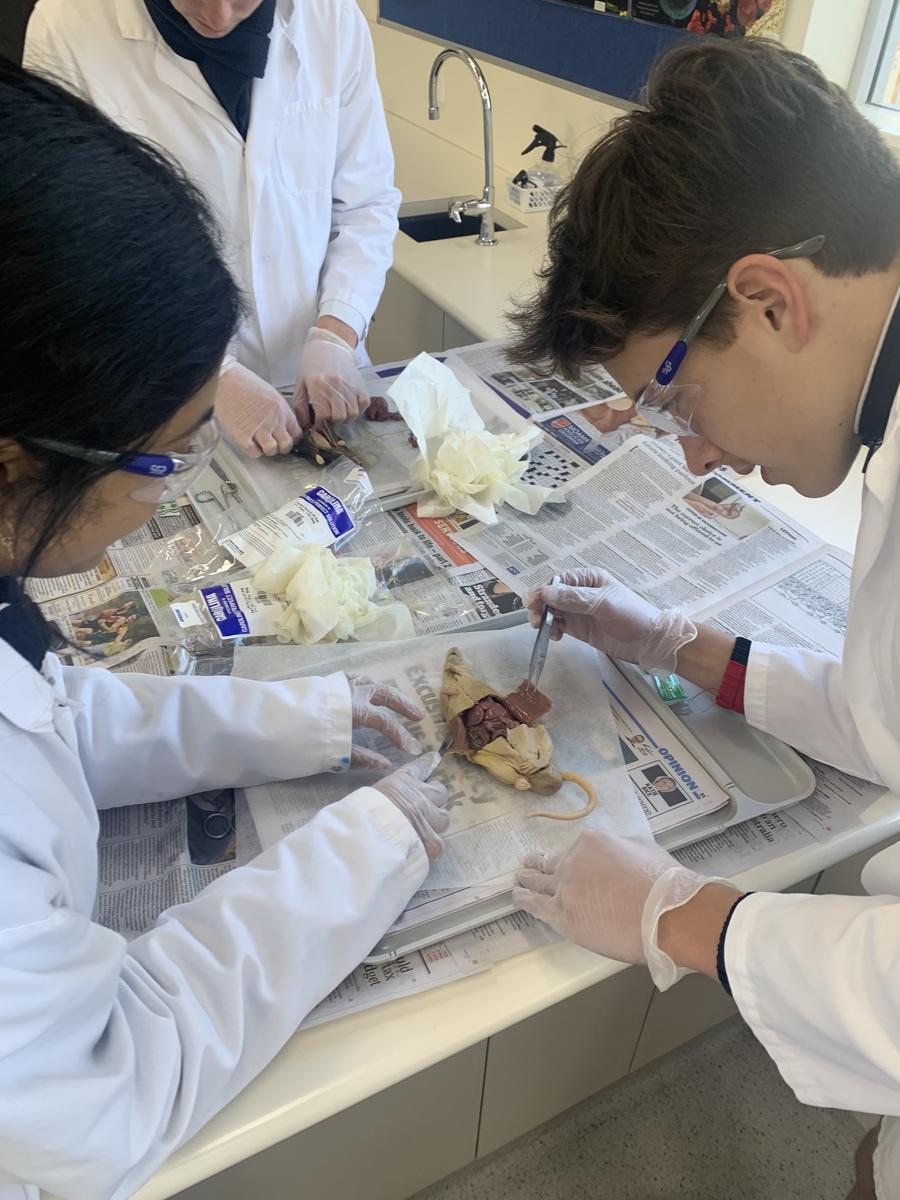Secondary
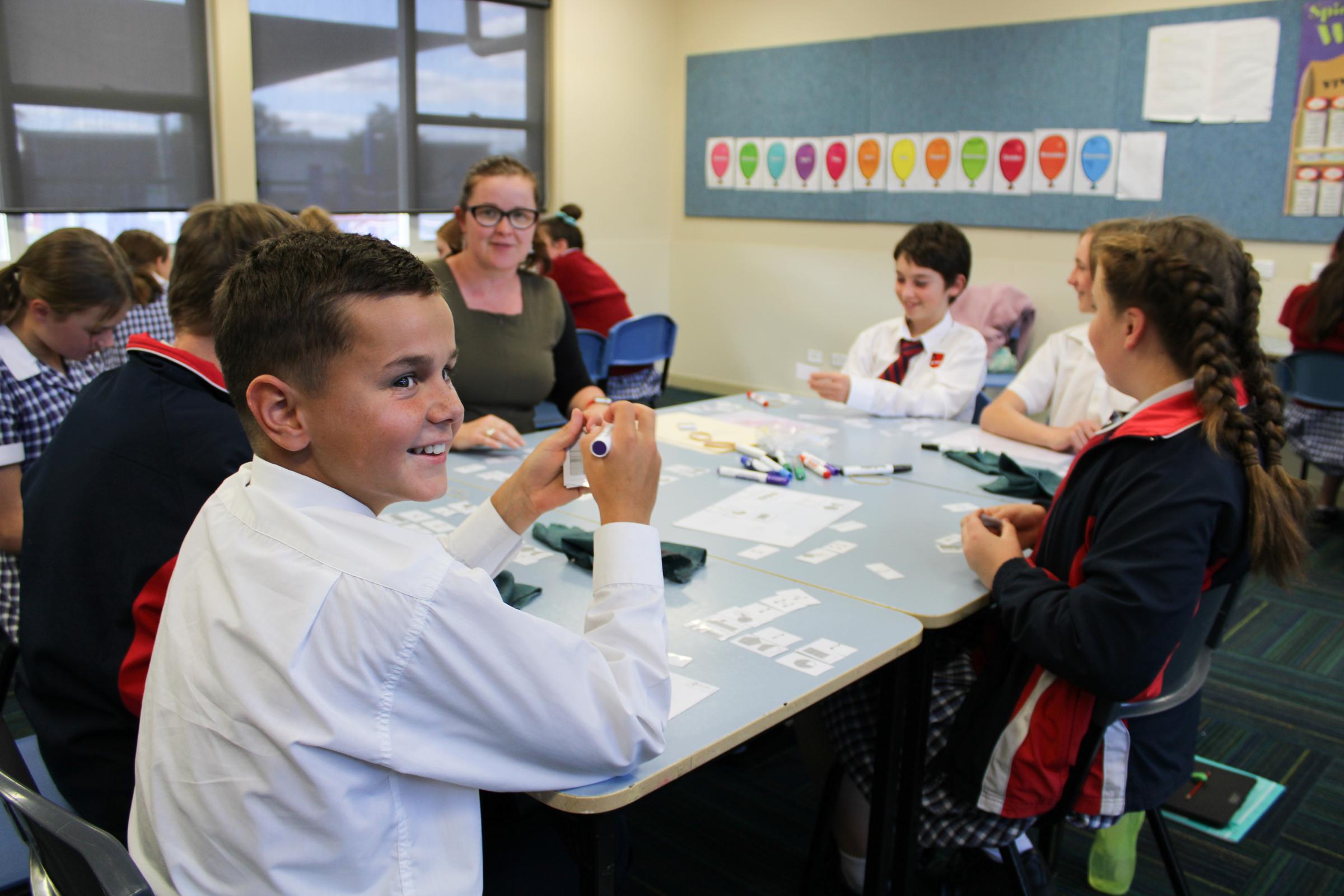
Babushka Doll Creations
Ms Moon's Year 9 Visual Arts class have been busy working on their painting skills with their Babushka Dolls task. They were asked to design a family, life cycle or relationship that could be explored over the 5 dolls. Don't they look incredible?!
Maths Pathway Mini Lessons
Pedagogical research strongly supports explicit teaching as highly effective, which is why it is an important part of the Maths Pathway model. Mini-lessons provide a safe space for students to explore, question and make connections across mathematical ideas that they have learned when working individually.
Mini-lessons are a chance for students to build conceptual knowledge in targeted small groups. This conceptual approach uses the 'Key Concepts' present in the Maths Pathway system (the gems on the student Learning Map). Mini-lessons involve a small group (generally 6 or less) of students, so that each student can be present and interact with the teacher directly for the duration of the activity.
Mini-lessons are a great opportunity for students to work with their peers and for their teacher to explore how different pieces of content relate to each other, often in a hands-on way. They are designed to develop broader mathematical ideas, rather than address specific issues students have with the content they're working on.
What do our students say?
“They helped me understand a module I was struggling with”. Ella Fletcher (Year 9)
“The activities make learning fun”. Kithmini Kumarasinghe (Year 9)
Year 11 Biology Dissection
This morning our Year 11 Biology students (and some lucky Year 10 and Year 8 students) had the opportunity to complete a rat dissection. Students were looking at how all the systems come together in a living organism. They were able to look at the male and female reproductive structures, as well as a pregnant female. The pregnant female also provided a rare look at what a worm infestation of the liver looks like. This was a wonderful opportunity to consolidate our Module 2 material. Thank you to Mrs Cain for organising this for our students.
Recent Changes to Reporting of Assessment Tasks on SEQTA (Years 7-11)
Under NESA (NSW Educational Standard Authority) guidelines, the School has been reporting on a 5-point scale (A to E) for both the overall grade of each subject as well as for each individual assessment task.
While the students will continue to be reported on their overall performance in each subject on the 5-point scale of A to E, we have made a change so each individual assessment tasks will be reported on a 15-point grading scale of A+ to E-.
There are numerous advantages to using a 15-point grading scale (A+ to E-). Which include:
- More precise feedback to students and parents
- It builds a greater wholistic picture about overall student performance
- It promotes conversations with students about maintaining or improvement of results
- Students are able to see finer increments of improvement and this can be motivating for students.
One of the main benefits is a greater ability to data track students. By tracking student Grade Point Average (GPA) across all subjects, both subtle and significant changes in GPA can be identified. This can then be used to drive decision-making regarding academic and pastoral concerns including if students require support plans, identify if there are pastoral issues impacting academic performance and student growth.
This data can also be used to celebrate academic success by way of “Academic Improvement”. For example, acknowledging students who improve their GPA by 1 point (which is not easy to do), rather than students who might get all “A’s”.
If you have any questions about the 15-point scaling system please contact either Mr Hughes (Head of Teaching and Learning) or the Head of Senior School, Mr Jeff Scott.






